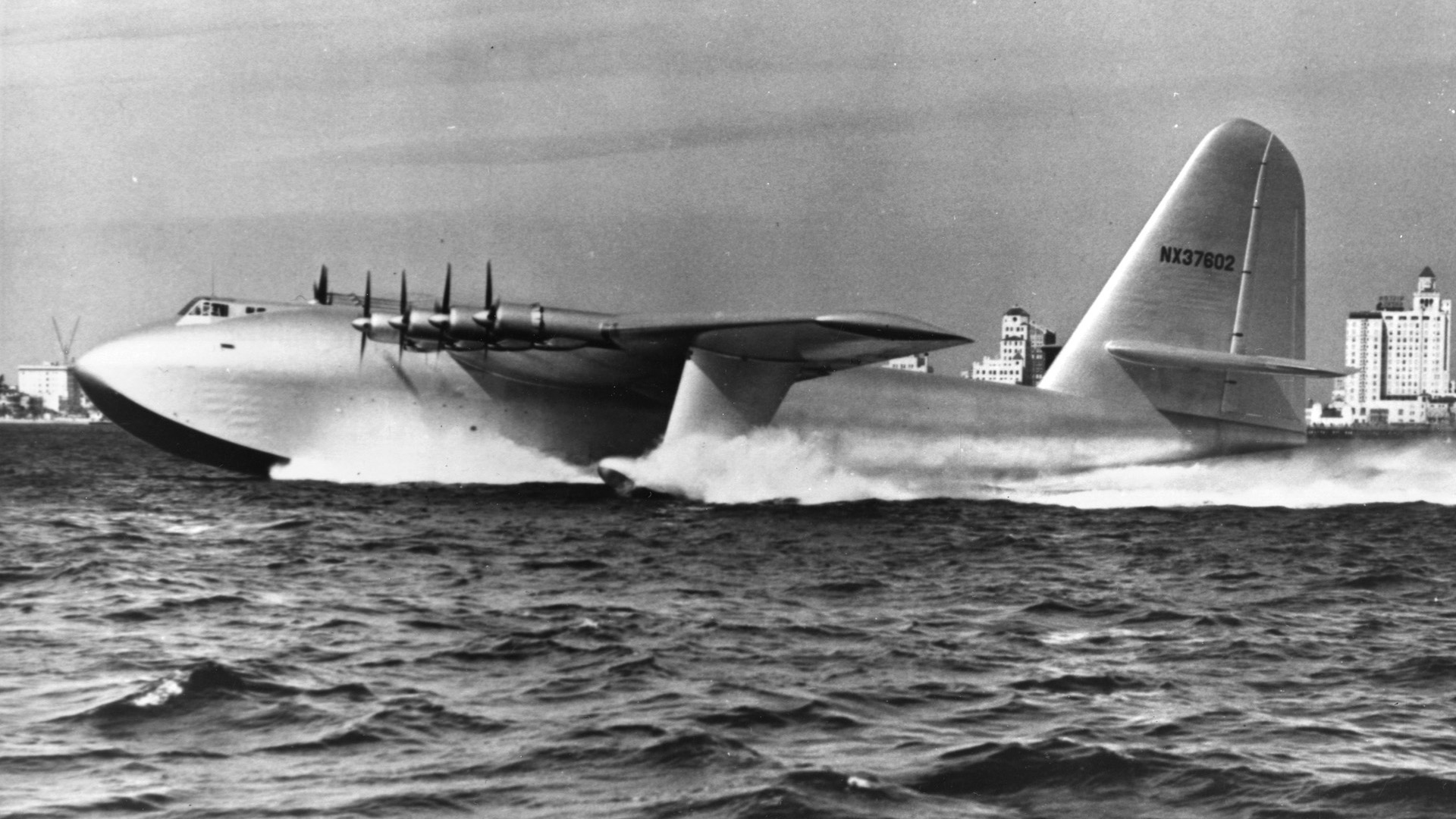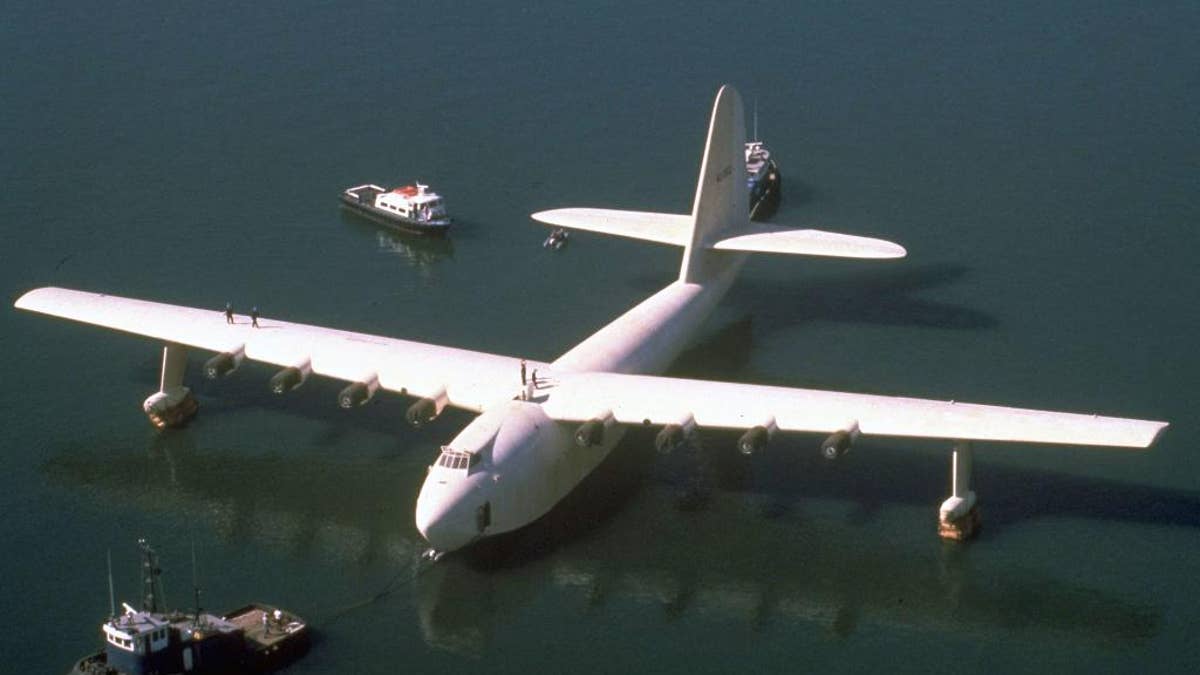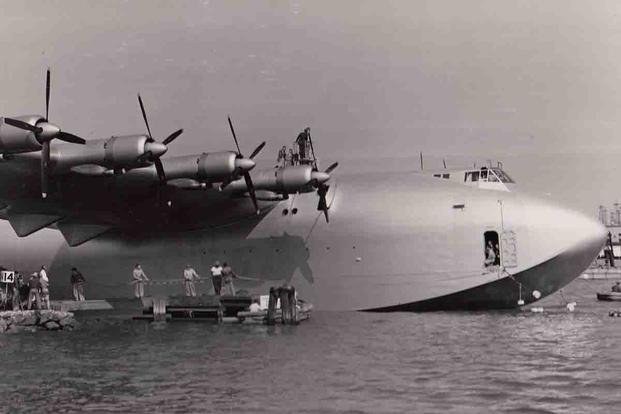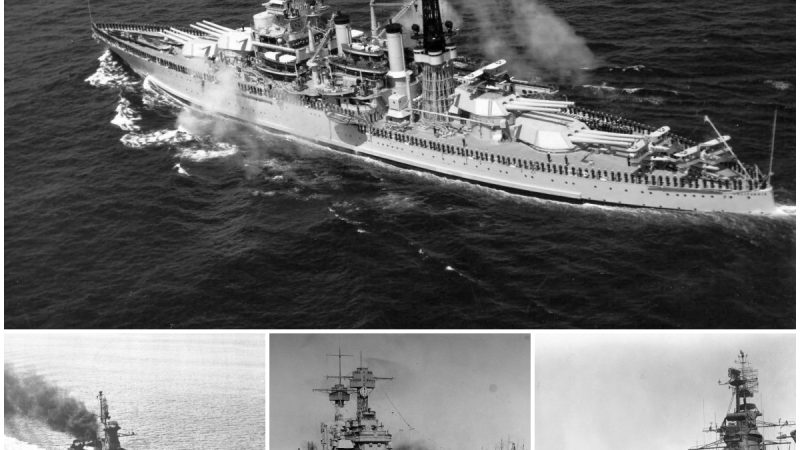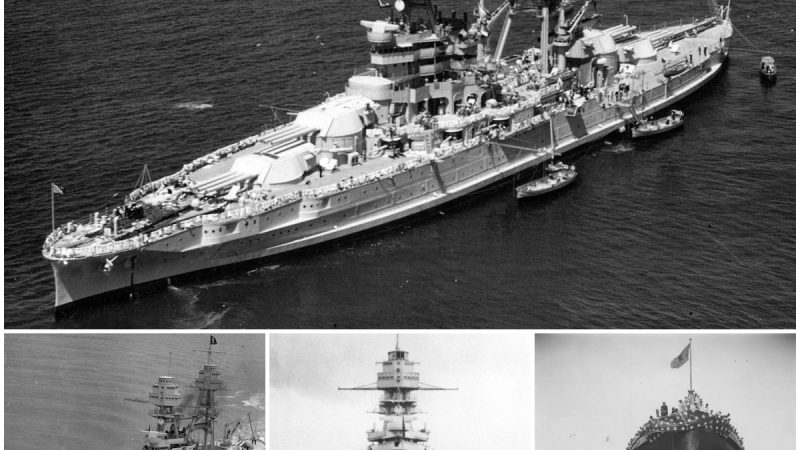75th Anniversary of the Historic Spruce Goose Flight: A Milestone in Aviation History
The year 2022 marked several significant anniversaries in the world of aviation and technology. While it was the 50th anniversary of the BMW M division, another remarkable milestone that deserves recognition is the 75th anniversary of the first and only flight of the Hughes H-4 Hercules, famously known as the Spruce Goose.
The Spruce Goose remains an iconic piece of aviation history as the largest flying boat ever constructed and one of the largest aircraft ever built. Its creation was the brainchild of the legendary Howard Hughes and his Hughes Aircraft Company.
Howard Hughes has always been a captivating figure in the aviation world, and the Spruce Goose represents the pinnacle of his aeronautical achievements. Surprisingly, this extraordinary aircraft, originally designed as a massive military heavy transporter, only undertook a single, brief flight before being stored away for decades.
Today, the Spruce Goose is preserved in remarkably good condition and is the centerpiece of the Evergreen Aviation & Space Museum in McMinnville, Oregon. With 2022 marking 75 years since its sole flight, it is an opportune time to delve into the fascinating story of the Spruce Goose.
The Origins of the Spruce Goose
The Spruce Goose was conceived with a rather straightforward purpose in mind. In 1942, the US War Department faced the challenge of transporting war materials and personnel to Britain. Shipping across the treacherous Atlantic Ocean was perilous due to the constant threat posed by German U-Boats to Allied merchant vessels.
Recognizing the need for a large aircraft capable of carrying substantial cargo across the Atlantic, the US government collaborated with Howard Hughes and industrialist Henry J. Kaiser to create what would become the world’s largest aircraft at the time.
Initially, a 1942 development contract called for the construction of three aircraft within two years for the war effort. However, Henry J. Kaiser later withdrew from the project, resulting in a new contract for the construction of a single aircraft, designated H-4 Hercules.
The Hercules was primarily constructed from wood, utilizing the innovative plywood and resin Duramold process, incorporating composite technology for its time.
The Historic Flight
In 1947, Howard Hughes was called to testify before the Senate War Investigating Committee regarding the use of government funds for the aircraft’s development. The Spruce Goose had already incurred substantial costs, with a price tag of $23 million at the time, equivalent to approximately $213 million today.
During the Senate hearings, the Spruce Goose was completed and ready for action. It featured eight Pratt & Whitney R-4360 Wasp Major 28-cylinder air-cooled radial engines and boasted a projected top speed of 250 mph, with a service ceiling of 20,900 feet. Its wingspan was an incredible 320 feet, 11 inches.
During a break in the hearings, Hughes returned to California to conduct taxi tests of the aircraft in Long Beach. To the astonishment of onlookers, including members of the press corps and industry representatives, on its final run, the massive aircraft became airborne, reaching a speed of 135 mph and flying approximately one mile in just 26 seconds. This brief flight satisfied Hughes that his monumental creation was flight-worthy.
A Quiet Post-Flight Life
Following the historic flight, a team of 300 workers was sworn to secrecy and tasked with maintaining the Spruce Goose in a climate-controlled hangar. This team disbanded after Howard Hughes’s passing in 1976.
In 1980, the Aero Club of Southern California acquired the Spruce Goose, displaying it in a colossal geodesic dome adjacent to the Queen Mary in Long Beach. However, in 1991, Disney, who had acquired the attraction, decided to discontinue its display. After an extensive search for a new home, the Spruce Goose found its permanent residence at the Evergreen Aviation & Space Museum.
Still Mesmerizing Audiences 75 Years On
The Spruce Goose made its way to the Evergreen Aviation & Space Museum in 1993, transported by barge, train, and truck. Since then, it has continued to captivate audiences, towering above other aircraft on display, including the Douglas DC-3 Dakota and various other historical planes.
The Spruce Goose is an enduring testament to Howard Hughes’s ingenuity and remains one of the most remarkable aircraft ever created. Its presence sparks the imagination of aviation enthusiasts, serving as a reminder of what could have been in the world of aviation. Seventy-five years after its solitary flight, we are fortunate to still have the Spruce Goose as a living piece of history, inspiring future generations with its awe-inspiring presence.
Hits: 18


